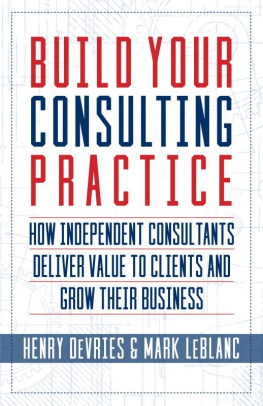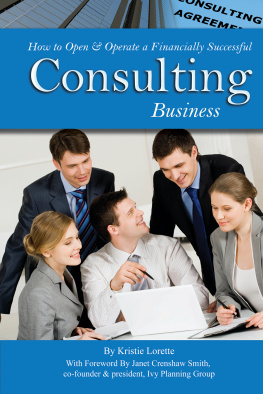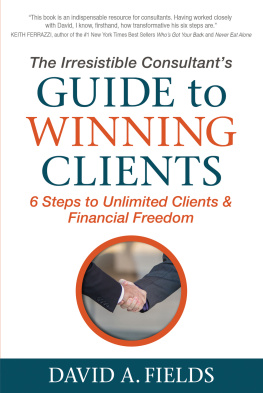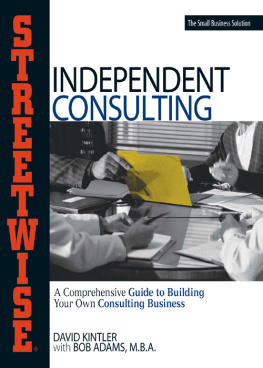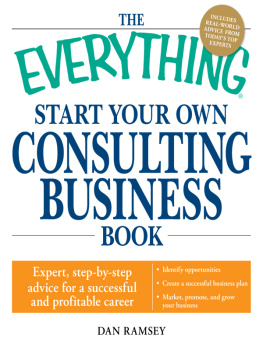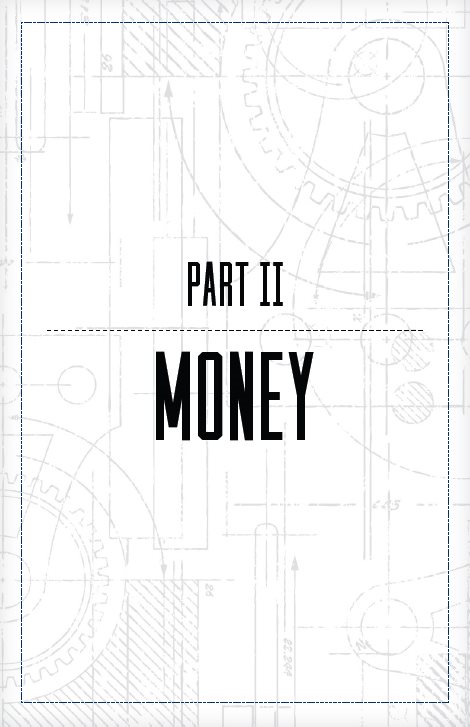Copyright 2017 by Henry DeVries and Mark LeBlanc
All rights reserved.
Printed in the United States of America.
No part of this publication may be reproduced or distributed in any form or by any means without the prior permission of the publisher. Requests for permission should be directed to or mailed to Permissions, Indie Books International, 2424 Vista Way, Suite 316, Oceanside, CA 92054.
Neither the publisher nor the author is engaged in rendering legal or other professional services through this book. If expert assistance is required, the services of appropriate professionals should be sought. The publisher and the author shall have neither liability nor responsibility to any person or entity with respect to any loss or damage caused directly or indirectly by the information in this publication.
ISBN-10: 1-941870-85-6
ISBN-13: 978-1-941870-85-3
eISBN: 978-1-947480-08-7
Library of Congress Control Number: 2017910344
Designed by Joni McPherson, mcphersongraphics.com
INDIE BOOKS INTERNATIONAL, LLC
2424 VISTA WAY, SUITE 316
OCEANSIDE, CA 92054
www.indiebooksintl.com
To our parents, Jack and Janice DeVries and Ralph and Lois LeBlanc, and to our wives, Vikki DeVries and Ann LeBlanc
CONTENTS
PREFACE
THE BIGGEST MYSTERY
Riding the revenue roller coaster has never been a fun ride.
The biggest mystery for independent consultants is how to attract high-paying clients on a regular and consistent basis. There are plenty of clues that point to a solution: you have to get your head screwed on right when it comes to money, focus, and marketing.
Ironically, many independent consultants feel business development is too time consuming, expensive, or undignified. Even if they try a business development program, most professionals, consultants, and small business owners are frustrated by a lack of results. They even worry whether business development would ever work for them.
No wonder they are doubtful and worried. According to a former professor and author from the Harvard Business School, David Maister, the typical sales and marketing hype that works for retailers and manufacturers is not only a waste of time and money for professionals and consultants, it actually makes them less attractive to prospective clients.
But research shows there is a better way. There are proven processes for business development with integrity that generate up to a 400 percent to 2000 percent return on your investment. We call these the Educating Expert Model (developed by Henry DeVries) and the Nine Best Practices (developed by Mark LeBlanc), and the most successful professional service and consulting firms use these processes to attract more high-paying clients than they can handle.
What should you do to increase revenues? First, understand that generating prospects is an investment and should be measured like any other investment. Next, quit wasting money on ineffective means like brochures, advertising, and sponsorships. The best business development investment you can make is to create informative websites, host persuasive seminars, book speaking engagements, and get published as a blog columnist and eventually as the author of a book.
And, oh, most importantly, spend nine minutes a day making a phone call, sending an e-mail, and dropping a card in the mail. We call these high-value activities. Think of high-value activities like One-A-Day vitamins for your business: one phone call, one e-mail, and one snail mail a day: One a day, one a day, one a day.
Henry DeVries and Mark LeBlanc
April, 2017
and, therefore, I share my Nobel Prize with my consultant.
Based on our research, the code has been cracked. There is a group of successful independent consultants who no longer struggles with the ups and downs of the revenue roller coaster. To help you crack the code, this book is a how-to guide that takes the mystery out of business development with pragmatic advice in three areas: money, focus, and marketing. Follow the nine best practices in this trio of matters, and you will succeed. Here is a quick overview:
MONEY
1.Track Your Numbers Properly. There are many tips in this book; this is the only demandment.
Know Your Numbers. What gets measured gets managed. If you are unwilling to consider going on QuickBooks and reshaping your profit-and-loss statement, you should probably quit reading now.
FOCUS
1.Create a Profile of Your Ideal Week. Good news, everybody. You dont control much in life, but you do get to control your time. Isnt that why you became an independent professional, solo consultant, or small business owner in the first place?
Maintain Your Daily Focus. Mighty castles are built one brick at a time. All we ask is nine minutes a day to make a call, send an e-mail, and mail a card. One a day, one a day, one a day.
Develop Your Will-Do List. Scrap those traditional to-do lists. Instead, what three accomplishments will you complete in thirty days, ninety days, in one year, in five years, and in ten years? These are the stars you guide your ship by.
MARKETING
1.Execute a Mix of New Contact Strategies. There are no bad marketing strategies. Everyone is unique, and everyone needs a mix that works for him or her. One size fits all is one of the worlds three great lies (the other two are This wont hurt as much as you think, and Im from the government, and I am here to help.)
Leverage Your Database. Next to cash, this is the biggest asset your business has. The time has come to whip your lazy database into shape.
Navigate Your Internet Game Plan. It is a brave new digital world. Beware: does your web presence make you look old and outdated?
Listen Carefully, Respond Appropriately. At last, you are having a meaningful conversation with a prospect. Most independent professionals and solo consultants can increase their closing rates by 50 to 100 percent based on how they ask and answer questions.
The more prospects you inform how to solve their problems in general, the more will hire you for the specifics. In the words of the late motivational speaker Zig Ziglar: You can get whatever you want in life if you just help enough people get what they want.
To get what you want is going to take money. On to Part II to consider that very subject.
Money is the best place to start. That is because money is the greatest catalyst for making better decisions. If the money part of your business does not add up, nothing else is going to add up either.
Getting the money side right is not about greed; far from it. Most consultants are driven by a desire to serve and bring insight to those with problems. However, unless you get the money part of your business right, you will not be able to stay in business.

